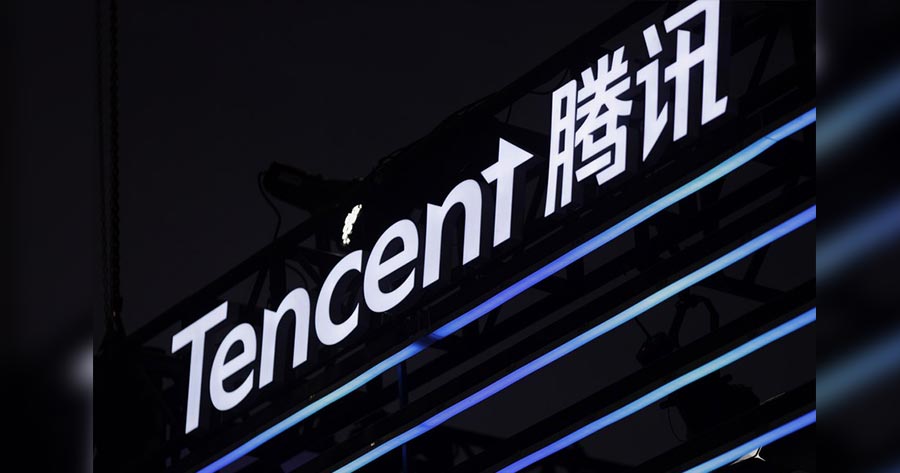A lack of liquidity in Italian-Thai Development Public Company Limited (SET: ITD) has caused a huge impact to the market confidence and also its creditors, especially some big commercial banks that provide loans to the Thai contractor, raising concerns of higher provision needed by the bank.
A default on debenture has been one of the concerns in the market in recent years after several big names such as All Inspire, Stark Corporation and JKN Global Group failed to pay obligations on the due date, and Italian-Thai Development is the latest one to do so.
The Property & Construction sector has been facing a tough time since late last year on the delayed 2024 fiscal budget, resulting in fewer projects from the government sector opened for bidding, while having to battle with rising material costs that took a good portion of profits.
However, ITD is the first in the construction sector to fall due to management issues on capital expenditures that left it with little to no liquidity. A crossed default triggered in January after the company failed to pay its obligation on the maturity date. Still, creditors grant a two-year extension to the company in exchange for higher interest rates.
The situation was so bad for ITD to the point that it had to pay a portion of salary to its employees, while its stocks were suspended by the Thai stock exchange for not submitting its 4Q23 earnings report.
Amid liquidity crunch, the company seeks help from financial firms to assist on the matter.
Concerns are rising among the financial sector as providing aid to ITD could be risky, and higher provision must be set to cushion the impact if things get worse. There has been a report that the company owes 24 billion baht in total to four major banks in Thailand, including Bangkok Bank, Kasikornbank, Siam Commercial Bank and Krung Thai Bank.
Bualuang Securities (BLS) wrote in a report that these aforementioned banks could be in a worse position if loans to ITD falls from Stage 2 to Stage 3, known as non-performing loans. This will force banks to set higher provision, which will pressure their bottomline this year and also a short-term negative sentiment to stock prices.
Still, BLS believed that these banks should already set some provisions, while having management overlay to cushion some risks. Thus, BLS expected the situation should be manageable by the bank.





